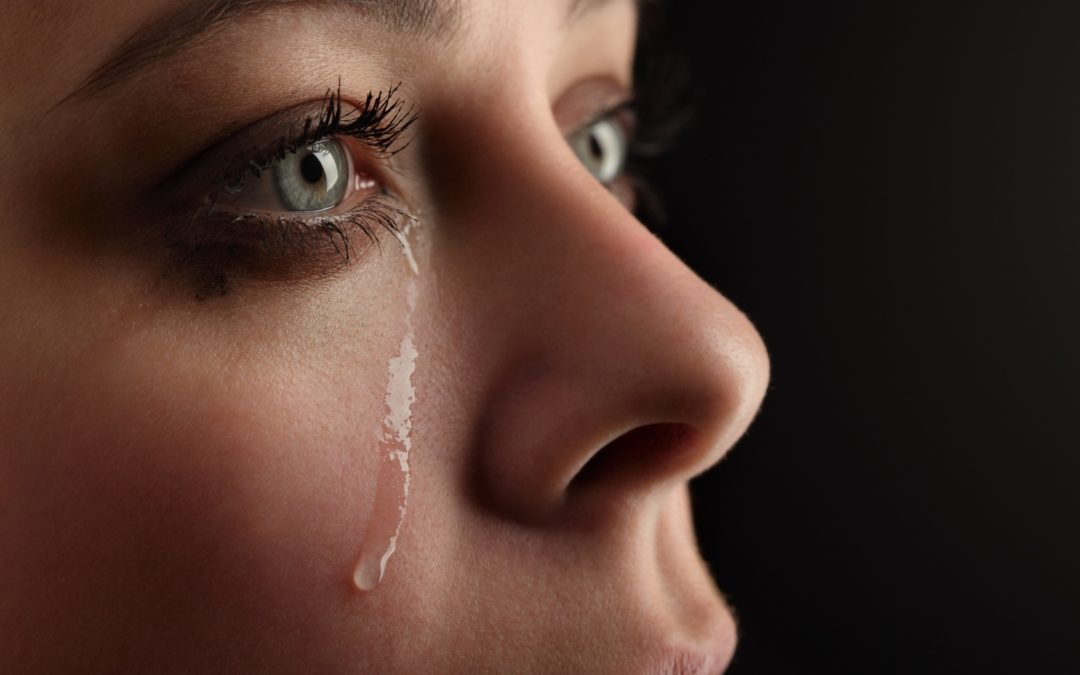Such is the cycle of life. I will admit that when a life is ending, thinking of it as a new beginning takes courage. Most of the time we are not ready to let go of a person, a pet, a job or a place that we have loved. It’s painful and it hurts like no other pain. We have a hard time imagining our lives without that loved one. When you think of how much love your heart held for that person, that is about the size of the hole in your heart needs repairing.
When I was barely out of my teens, I suffered a tremendous loss. This was years ago before self-help books, support groups and therapy, especially for a young person. It was isolating, scary and felt like no one could possibly know how I felt. People with many years of experience continued to tell me that time heals everything. I grew tired of hearing that because “time” was not fast enough for me. Luckily today, there is grief help available for all ages, like at www.gateway2counseling.com
Now that I am older, I think I understand what they were trying to tell me. It is better explained by saying that each day that we live after our loss, we heal ever so slowly, minute by minute, hour by hour and day by day. Sometimes we take a step or two backwards but mostly we go forward. Slowly, the empty space in our hearts began to fill with new beginnings, new hope and new love. We never forget the person we loved and lost but that loss goes to a quieter place in our heart. Anniversaries, certain holidays and special dates that were shared by you and the person who died, the loss tends to pop up again and makes you feel melancholy but then the pain quietens again and you are able to face forward, live in the moment and have happiness. Our memories are magical. For instance, you could be walking down the street and suddenly have a feeling like de-ja-vu or a wistfulness that you cannot identify. Chances are you saw something or a person that reminded you of the person you lost. Or you see a dog or cat who looks exactly like the one you recently said goodbye too. You may not have even remembered until that exact moment. I like to think of these times as a test of sorts; not to cause pain but to see how far along we are in the grieving process.

Others debate that the cruelest and most painful kind of death is one that is totally unexpected. A car accident, a heart attack, a drowning or an animal who gets hit by a car. You are in shock, unable to think or process what has happened. You cannot fathom that this incident is real. People are talking all around you, telling you what happens next yet you can’t comprehend what they are saying. Arrangements must be made and then you also face the grief process.
Some people like to debate which kind of grief is the most painful. If you or your family have cared for someone with a lingering illness and you watch your loved one getting worse day by day, the pain unbearable, you feel relieved when they pass so that they no longer hurt. You are exhausted, sorrowful and sometimes longing to have the person back. Your routine has now changed. You no longer watch the clock to give medicine at the correct time. You no longer worry about how to get the person who is ill to eat. Now, you face the final arrangements and then the grief process. You can have the same kind of angst if it is your dog, cat or any animal you love.

Grief comes in many stages and many different ways.
Does one sound easier than the other? I’ve faced both and I can tell you from my point of view that one is not easier than the other. They are just different and equally hard. Why? Because you are in the moment. You are living the tragedy of loss. Some people may say you are young and you will “get over it”. Others will say. “get a new dog” and all will be fine. Don’t worry, you will find a “new love” as if the death of your love one doesn’t matter. Stand your ground on how you feel. No one can tell you how long to grieve and nor how long it will take. Every person grieves differently. How deep or how long your grief lasts are dependent on the depth of love you shared with that person. If your grandmother who lives in another state and you see once every few years, dies, your grief may not affect you in the same way as Aunt Josie. She, who helped raise you, lived next door your whole life, dies, it may be a devastating loss for you. The relative, the friend, the dog that has been in your life every day that you’ve shared your innermost secrets with, may be incredibly painful. Only you can know the depth of your feelings which gives you an indication of the depth of grief you face.
While we have looked at the death of a loved one and the grief we can have, there are many other losses through life that can affect us.
- Children grow up and leave home and the family unit changes. Parents must find a new meaning and purpose now that they are empty nesters.
- Teens go off to college; a new beginning and sometimes a bit scary.
- College ends and another new chapter begins which means leaving behind the familiarities of friends, dorms and classes.
- Parents continue to age and have their own set of losses: hearing, mobility, driving, and living on their own.
- Families establish themselves in a neighborhood they love and jobs they are happy with. Then the unexpected happens- job loss, a move across country leaving familiar family and friends behind.
- Another difficult loss is a friend or lover break up which may leave you angry and devastated. What about the ultimate break up; divorce? Some people say it is akin to the feeling of a death. You’ve invested time, energy, emotion and love in building a life together. Something goes haywire with one or both partners and the relationship ends.
- Another tremendous grief that we along the Gulf Coast are way to familiar with is the loss suffered during hurricanes that hit our area. We cry, bond, hold each other tightly, and give thanks for our lives and how it could be worse. Regardless of how we survived it, we must grieve what was and give thanks for what is. We learn to become resilient through all these losses.
There is no rule book for grief. Every book you read, every dialogue you have with another person, are all just suggestions. They are usually from someone who has been through the grief process and what they’ve tried, worked for them. A grief therapist has ideas and known methods of what works to help the process along. Because we are all different, certain processes work better for some rather than all.

Grief comes in many stages and many different ways.
I’m giving you permission to grieve the way that best suits your personality, within reason, as long as it does no harm to you or someone else. Grief can affect our mental health and as you know from the media, some people end up with PTSD which can bring on a different kind of grief. It is usually delayed, avoided, intense and long lasting. We first learned of Post-Traumatic Stress Disorder, or battle fatigue or shell shocked, from military soldiers coming home from war. But it can also happen in families who experience a violent and sudden death.
There reaches a point in the grief process, that if you are not getting better or moving forward after a loss, you may be experiencing “complicated grief”. The signs to look for are:
- thoughts of suicide
- other destructive acts including increased drinking or drugs,
- obsessing about the death continually,
- depression or anxiety that won’t go away
physical illnesses that present often.
If any one of the above-mentioned items happen to you or someone you know, get help. We are always here as an objective friend and just a click away at www.gateway2counseling.com
Sometimes, the people who love and care for us, aren’t sure of the best way to help so they say nothing. It’s not that they don’t care, they just don’t know how to help. I know it is hard to reach out for help when many times you are not even sure what you need. Do it anyway. If you are a hugger, ask for a hug. If you need to spend quality time with a person, ask. If you need the comfort of a good meal, ask your friend who is a great cook to bring something over for you. Find solace wherever you can. Your church, book club, Uncle John or talking to your dog. Look to nature for healing by taking a walk, breathe fresh air, be in the moment. Seek counseling if its worked for you in the past. Journaling is helpful and can be used in so many different ways. Journal about the pain, the many attributes you have if you are feeling low, write down the many ways your love showed affection to you and the ways you felt loved. Hold those thought close to your heart and be comforted.
Grief is not an easy journey, but it is a necessary one because life is full of endings and beginnings……
Grief comes in many stages and many different ways.

